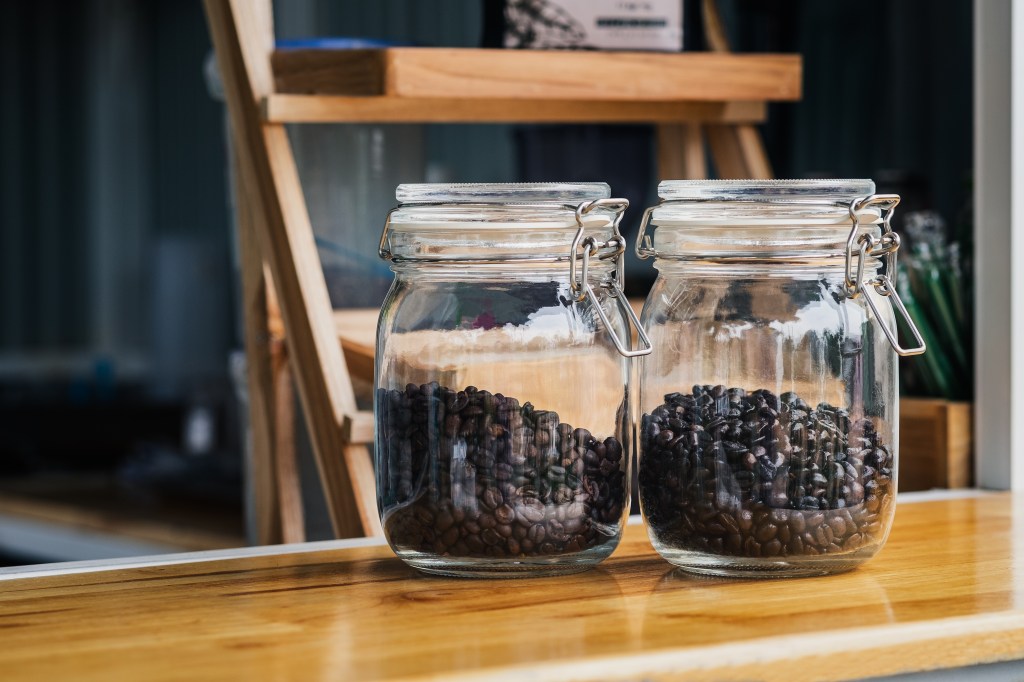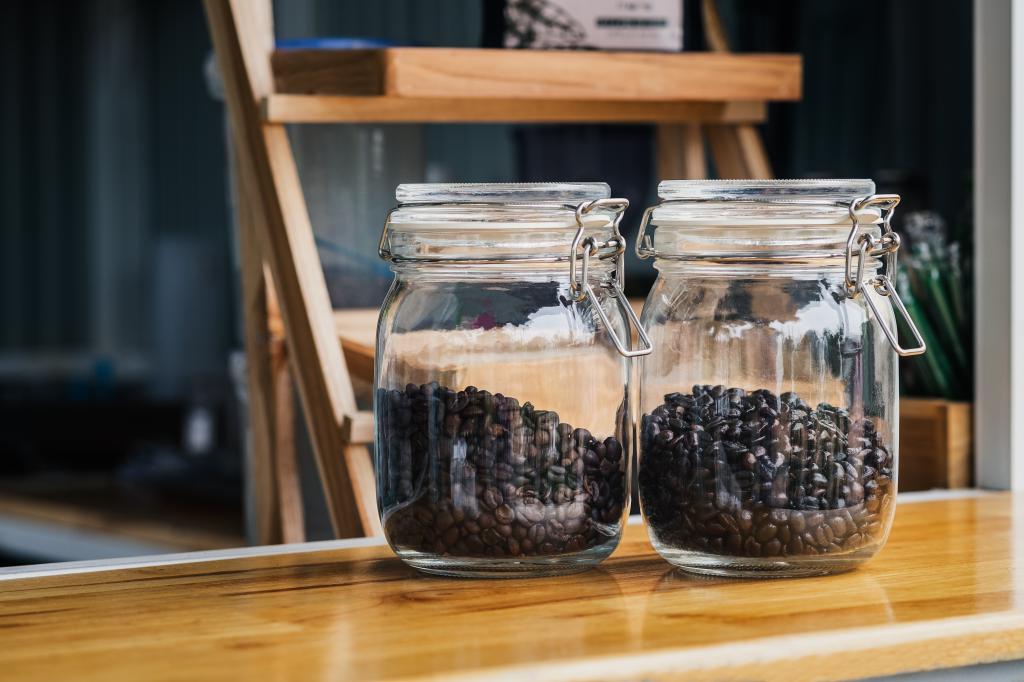Want coffee beans to stay fresh for months? Experts say to do this
Don’t get roasted for serving stale coffee beans — java experts swear by this little-known hack for freshness.
According to Food & Wine, coffee connoisseurs’ best kept secret to fresh beans is to freeze them.
But there’s a caveat: there can’t be any air or moisture in the bag, coffee consultant Jaymie Lao claimed.
And she isn’t the only brew-lover who swears by this method.
Industry experts from around the world agree that frozen beans can extend the shelf life and preserve the flavor, if done right.
“One of the critical insights from experimenting with freezing coffee beans is understanding the perfect ‘peak flavor window,’” explained ONA Coffee’s Matt Lewin, who practiced various methods of freezing beans while preparing for World Barista Champion 2014.
He discovered that the long-held belief that cold temperatures would negatively affect flavor was actually nothing more than a myth, and that the perfect time to throw the bag of beans into the freezer is about 10 days after roasting.
“At this point, the beans have released most of their CO2 from the roasting process, and the balance between CO2 and oxygen is just right allowing the beautiful aromas of the coffee to come through,” he said.
Roasters around the globe are beginning to introduce coffees brewed from chilled beans onto their menus.
La Cabra, a coffee company out of Denmark with locations in New York, is launching a new program that will feature a freezer menu “with rare and limited lots” from auctions and production partners, founder Esben Piper told Food & Wine.
“It’s all about raw material and its density,” Piper explained of the exact science of serving coffee brewed from frozen beans. Through experimentation, the team found that lightly roasted coffee maintains freshness longer than beans that are dark roasted.
Similarly, North Carolina-based business Black and White Roasters is toying with the prospect of frozen beans.
The company’s co-owner Kyle Ramage, who has been experimenting for coffee competitions, says that vacuum-sealing the beans prior to freezing is ideal for optimal storage and freshness. Black & White, he noted, will soon debut its own freezer menu with 20 to 25 different coffees, some of which have been preserved in freezing temperatures for approximately a year.
“Black & White focuses on small producers and seasonality,” he told Food & Wine. “So, when I find a coffee that does it for me, then those are the ones to save some to drink later.”
But you don’t have to be a world-class barista or roaster to preserve beans at home. The experts swear by vacuum-sealed packages for optimal flavor retention and preventing issues like freezer burn.
“When you open a bag of coffee beans, the clock is ticking,” explained World Barista Champion 2010 winner Michael Phillips, who swears by the mantra “the colder the better” when storing beans.
“Oxygen is the enemy.”
If you don’t have a vacuum-seal machine, not to worry. Lewin said to just try to “push out as much air as you can before freezing,” no matter how small or large the bag.
“This step is crucial in maintaining the coffee’s quality,” he said. “Once the air is out, cover the bag’s one-way valve with tape. This valve usually lets CO2 out, but covering it ensures no air can get in.”
Then comes the easy part — when you’re ready to brew, he added, the process is simple: “Grind them straight from the freezer.”













